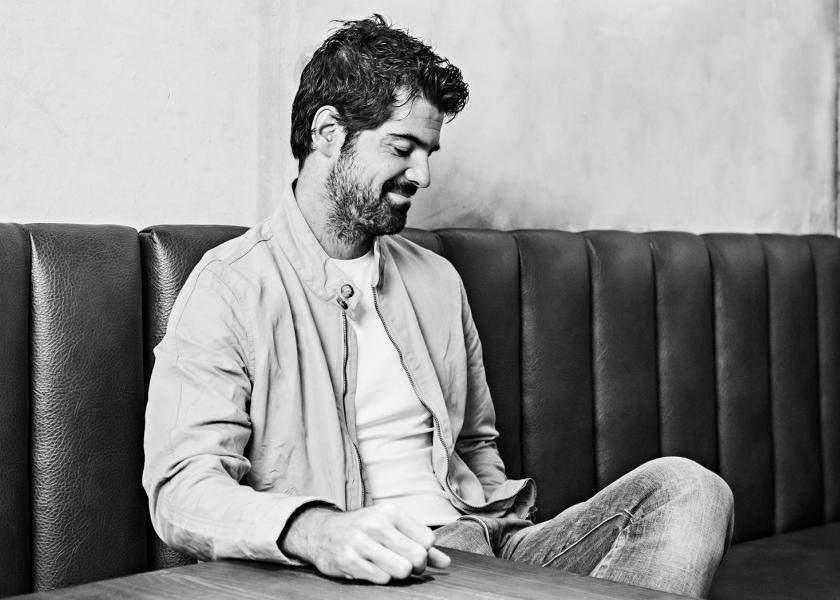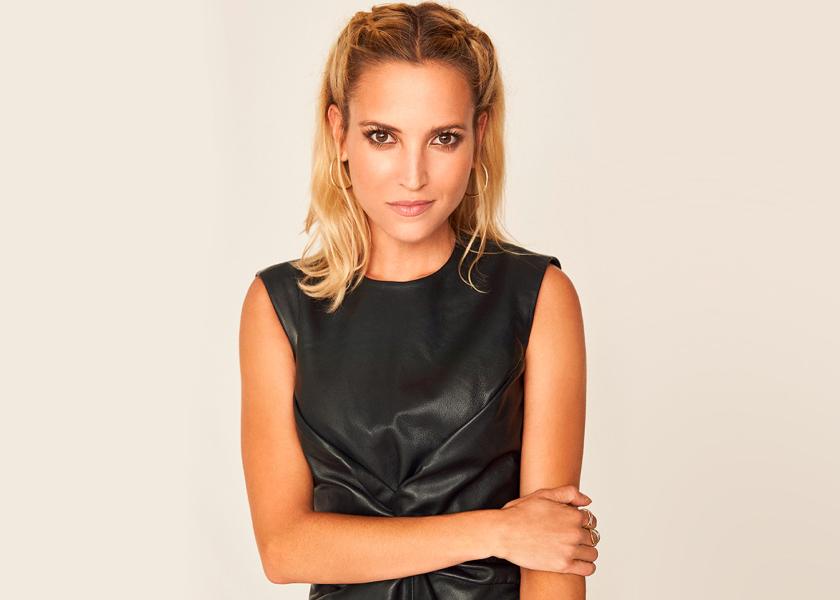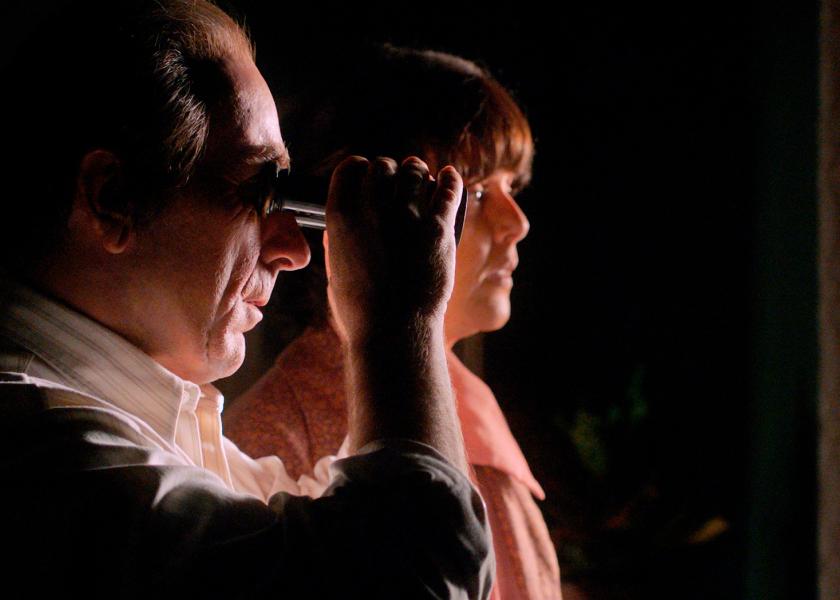Antonio de la Torre
“A film tells you more about life than eighty news shows”
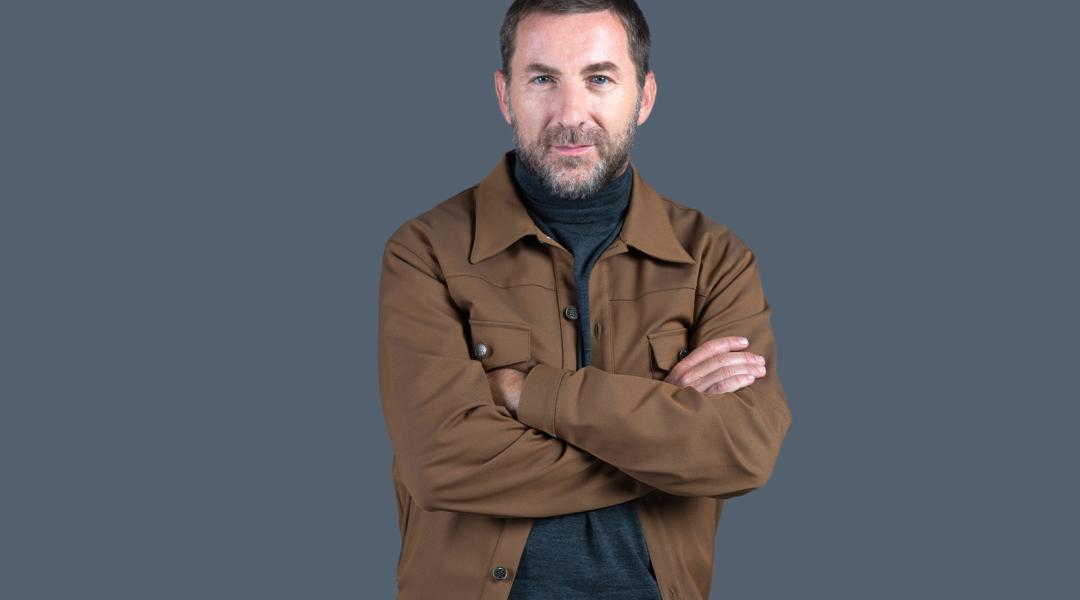
Nothing makes Antonio de la Torre tick more than playing the stories of others, especially those that need to be told the most. Soon he will return to the silver screen, as the protagonist of one of the most anticipated features of the year, 'The Endless Trench', yet another impeccable bit of interpretation by the chameleonic artist.
If there is one actor in our country capable of inhabiting the skin of others with the greatest of cares, it’s Antonio de la Torre (Málaga, 1968). Since winning his first Goya for Daniel Sánchez-Arévalo’s 2006 picture Dark Blue Almost Black, his star has been rising steadily—all the way to a privileged spot at the top of Spanish cinema. The star of The Realm is the most nominated actor in the history of the Goya Awards, leaving behind even such cinematic legends as Javier Bardem, Eduard Fernández, or Luis Tosar.
We managed to steal a few moments with him, which is no mean feat these days, to have a chat about his latest effort, The Endless Trench, the big winner at the San Sebastián International Film Festival, due out this month. It’s a story about the “moles” of the Civil War, in which the man from Málaga puts his skills at the service of a trio of directors, Jon Garaño, Aitor Arregi and José Mari Goenaga.
Throughout your career you’ve lost and gained weight, learned to dance, whatever the role required. Do you consider yourself a method actor?
People talk so much about the method that it becomes like saying a movie is “necessary”; when a certain term is used all the time, it ends up losing its meaning. The method was invented by [actor, stage director and pedagogue] Stanislavski and is something that’s part of the history of acting. In my case, I studied at the Cristina Rota school, where they use a series of interpretive canons that have been crucial throughout my career. Basically, it’s about always defending your character and working with emotions from life itself. I couldn’t tell you what my method is, but one thing I always try to do is to make the characters credible to both myself and the spectator. What I do a lot is look at someone who can serve as a point of reference. As for the physical transformation, that’s just common sense. I wouldn’t think of getting to the shooting of A Twelve-Year Night, where I played Pepe Mujica after twelve years of starvation in captivity, looking like I just came from the catering table at the Goya Awards (laughs). If I don’t believe my character, the public won’t, either.
What kind of roles do you pick over others?
I like characters taken from real life and whose story I think deserves to be told. Although, when I get a call from directors like Pedro Almodóvar or Raúl Arevalo, who’s almost like a brother to me, I don’t have to think twice, either.
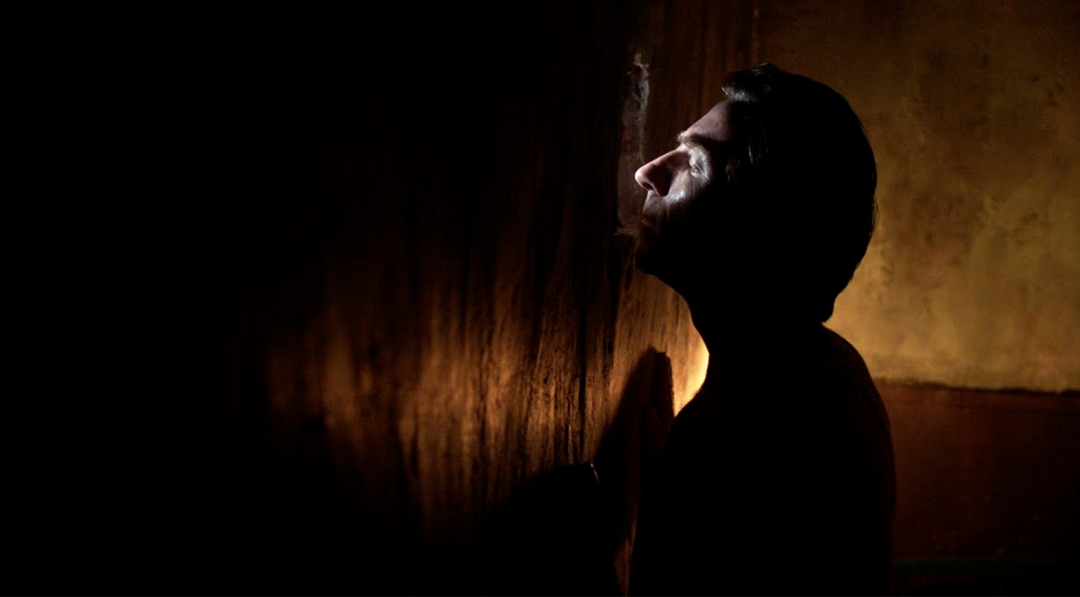
Antonio de la Torre in 'The Endless Trench'
When and how did you start in this business?
When I was little, I signed up for a children’s theatre school, via a Malaga company. I loved the experience, but at the same time my ideas changed and suddenly I began to think I wanted to be a journalist. I even enrolled in the Complutense University in Madrid to study Journalism. I don’t regret that, and now I know those years in Madrid have been key. First, because of what it meant to open my mind to the world and live in a big city on my own; and second, because at the faculty I met Alberto San Juan, who re-infected me with the acting virus. I remember that after working as journalists we both signed up for Cristina Rota’s school. It was there that I truly realised that not only did I want to be an actor, I wanted to make a living out of it.
You’re one of the most nominated Spanish actors in the history of the Goya Awards (thirteen times so far), having won two—the most recent one for Best Actor in The Realm. Is it frustrating to leave the gala empty-handed so many times?
Good question. The first time I was nominated I thought that would be the only time in my life, and in the end, I won the Goya. If they’d told me then I’d be nominated twelve more times, I wouldn’t have believed them. There are years when you know for sure who they’re going to give it to, but the jitters are always there. When you hear someone else’s name being called out, it’s only natural to feel a bit disappointed, but you get over it quickly. Being nominated is already an award in itself—it’s like adding a medal to your career. And most importantly, it means that you’re working. I can say that I’ve had a glorious decade in Spain. I can’t complain.
The Endless Trench, a film you star in alongside Belén Cuesta, has been one of the big winners of the San Sebastián Film Festival, where it took six prizes, including Best Director, Best Screenplay and the Basque Film Award. Quite a good first step in the race to the Goyas, wouldn’t you think?
And for the box office as well. It’s a very interesting movie, but then, I would say that, wouldn’t I? I’m really very proud of the work we’ve done.
Are you going for your third bust?
I don’t think so, it’s pretty tough this year. I already have my thoughts about who’s going to take it home, but I’m not going to tell you because that wouldn’t be nice.
“Even Hitler was human, no matter how painful it is to realise the atrocities that our species has committed"
In the film you play Higinio, a left-wing city councillor who, after the war breaks out, locks himself and his wife up for 30 years as a way to survive. Is this another Spanish story about the Civil War?
It’s more a film about fear, and about love in times of fear; about resistance, hope, despair, madness. It’s a story inspired by real stories and speaking about human things. When the Civil War broke out there were hundreds of people—mainly republican politicians—who built hiding places inside their own houses, where they remained almost thirty years, until 1969, when Fraga issued a decree that legally cancelled the war. When they came out, many of them were already old. It’s an incredible story.
Do you think playing this kind of characters increases your capacity to empathise?
Of course. Not all stories can be justified, but they can be explained, be it terrorism or any kind of violence. It’s our duty to tell the stories and give them a human dimension. Even Hitler was human, no matter how painful it is to realise the atrocities and barbarities our species has committed. But it’s a reality, and the sooner we face it, the sooner we’ll move forward as civilisation. As an atheist, I always say that the worst things aren’t the work of the devil, but of man.
In the coming months, Movistar + will premiere the series La Línea Invisible, directed by Mariano Barroso. Your co-stars there are Álex Monner, Anna Castillo, and Asier Etxeandía. Can you give us a spoiler?
It’s a series inspired by the origins of ETA towards the 60s, when the group went from being a pacifist anti-Francoist organisation to crossing the invisible line and starting to carry out attacks.
So, another script based on our country’s recent history. Do you believe in the enlightening side of cinema?
Absolutely. We humans are always reviewing our own story, which I think is necessary. A film tells you more about life than eighty news shows, as long as it’s done well, told well, and rigorous.
Finally, tell us something about Antonio de la Torre that we don’t know.
I run marathons and I love to travel in business class.

Frame of 'The Endless Trench' in which Antonio de la Torre plays Higinio
